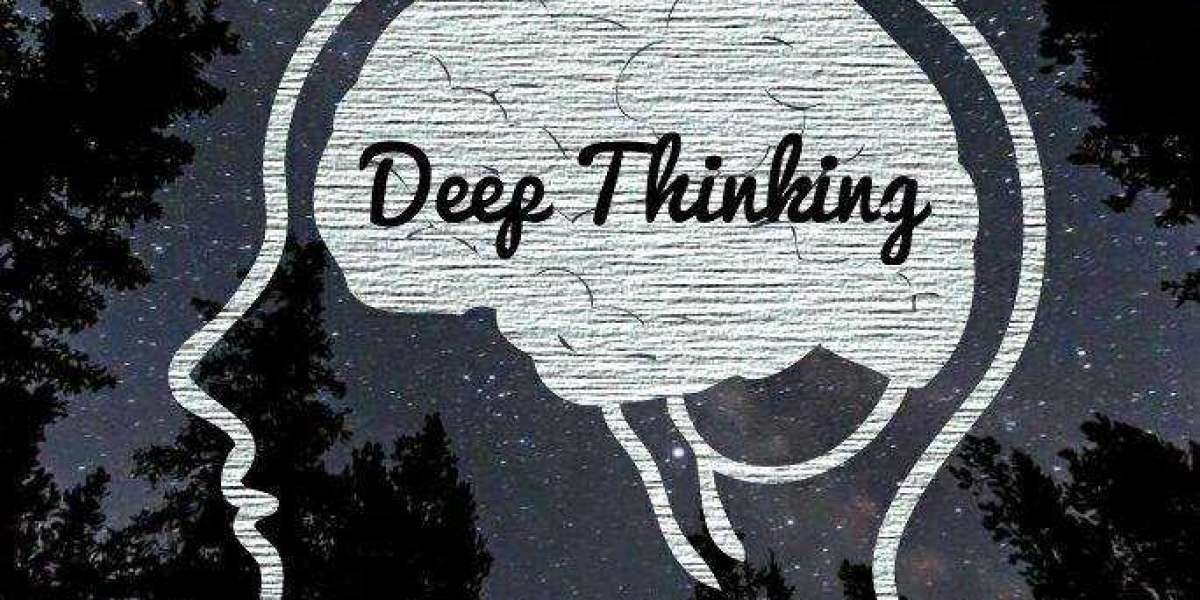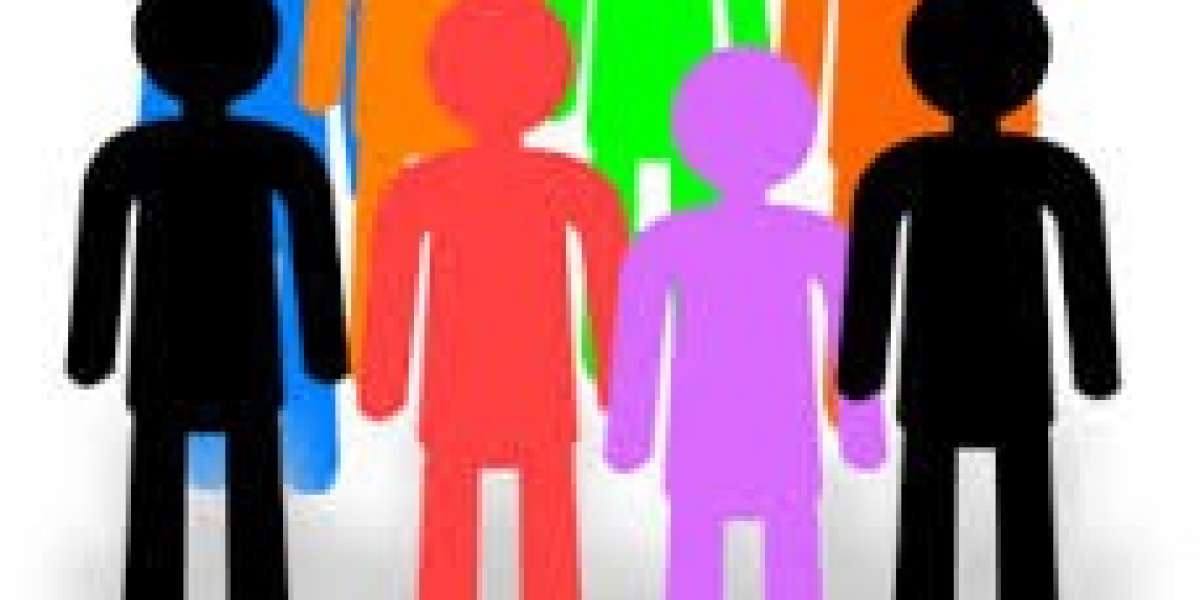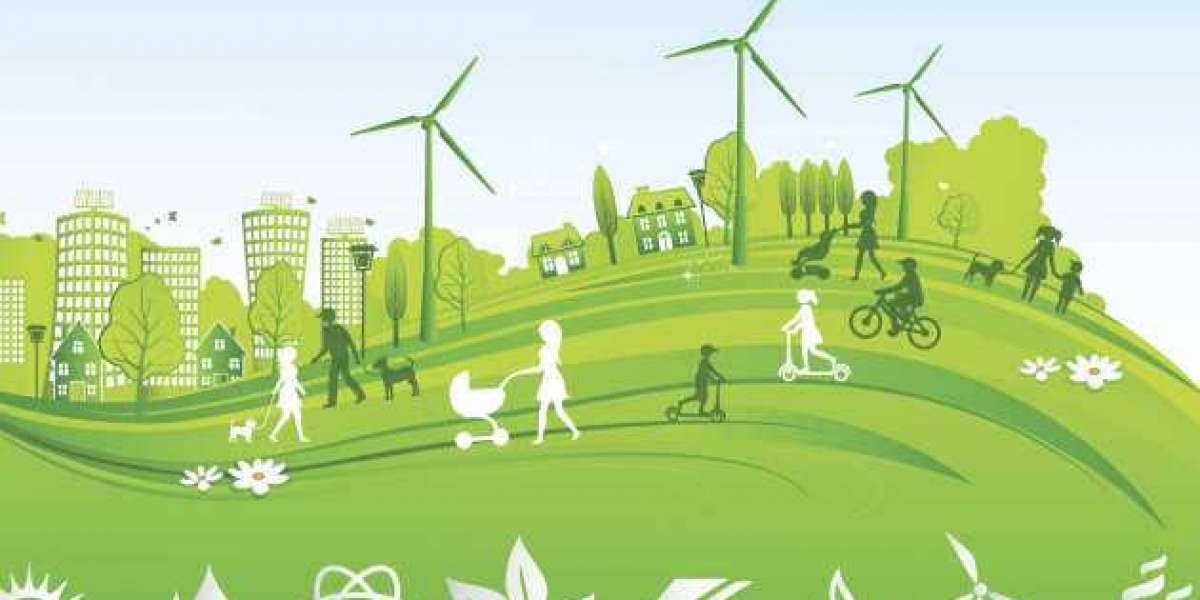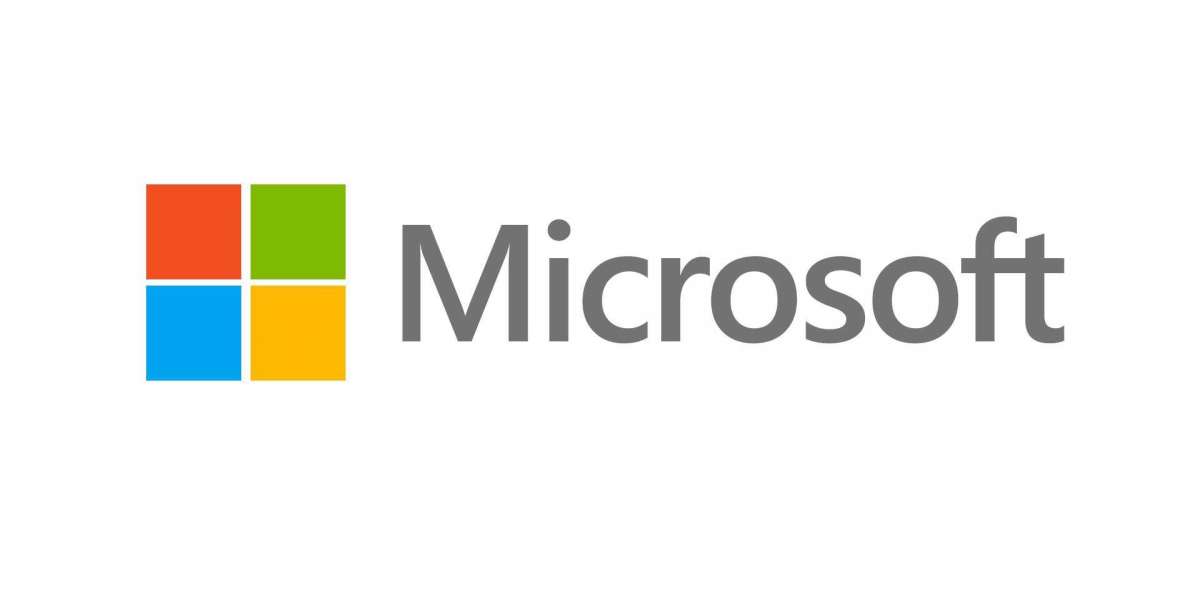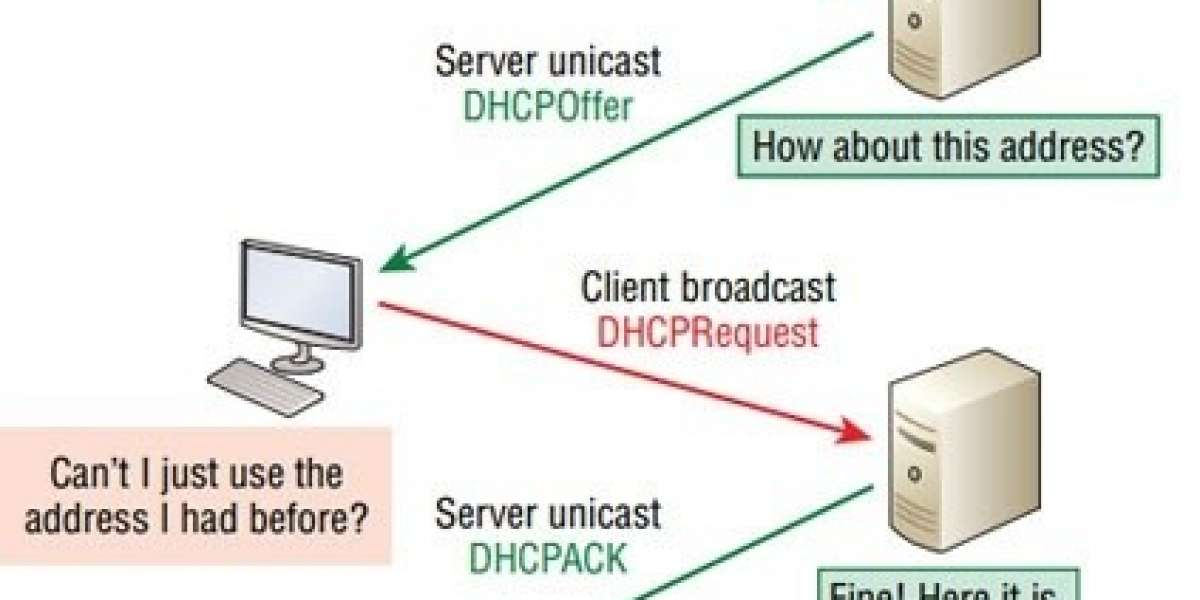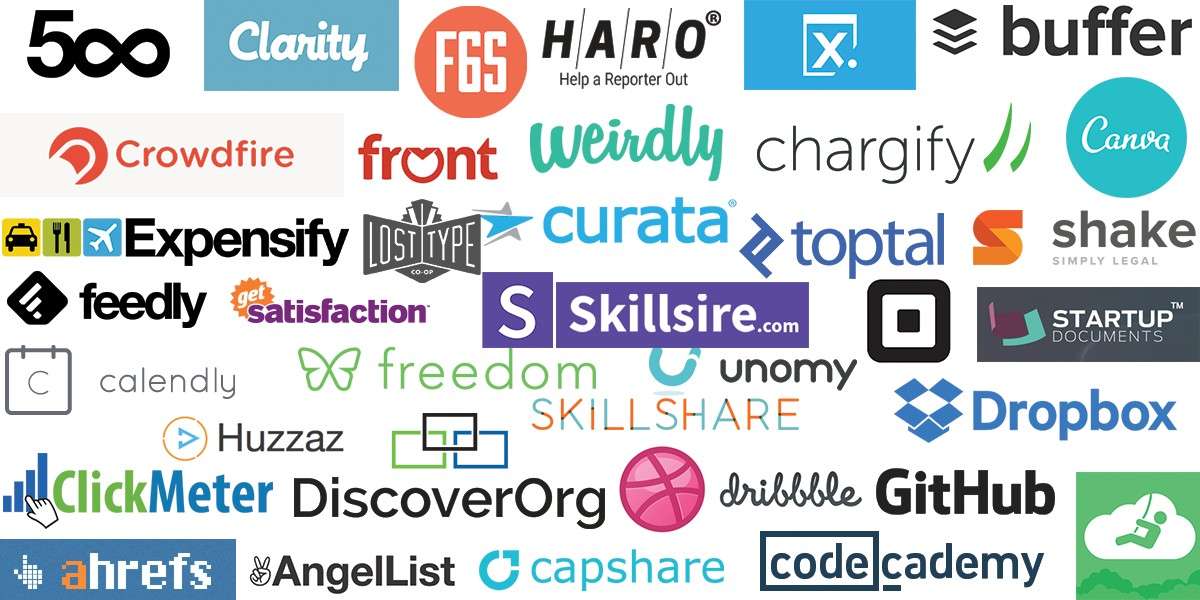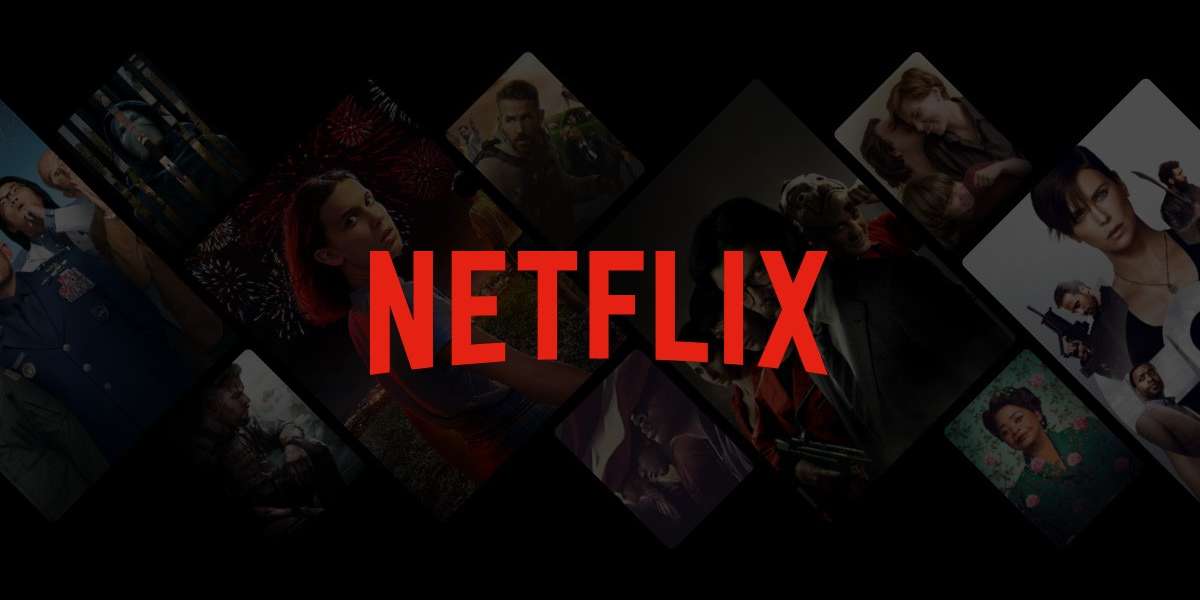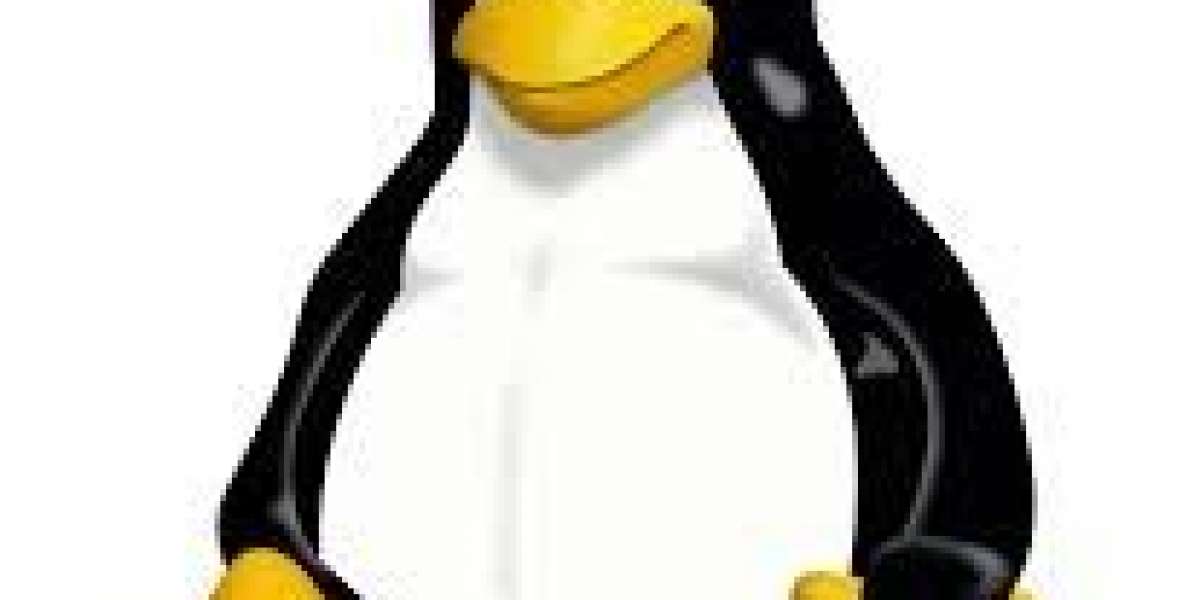These days you might have noticed that the older generation is living longer, and the 'new' generation is dying younger. The people we often call 'OK Boomer' are aging gracefully and the ones with 'swag' cannot even boast of growing into old age let alone doing so gracefully. People stay up all night either working, scrolling or gaming. A disease ‘meant’ for people in their 60+ is now attacking all ages. When we compare, the difference is big. Heart attacks, diabetes, hypertension, strokes, high cholesterol and even fibroids which were known to be old age sicknesses/diseases are now being ‘suffered’ by young people. Most of us have two kitchens, namely our home kitchen, and Subway/KFC/McD. If it’s not the ‘fast’ food we’ve prepared in the microwave, it’s the fast food our alternative kitchen is ready to serve. We’re stuffing our faces with saturated fat and clogging our arteries. Too many cars (pollution), processed foods, excess dependence on technology and ‘white-collar’ jobs, I personally think, are adding to our woes.
In our society, there is a huge negative stereotype about mental illness and treatment for mental illness. You would think with all the societal advancements, our attitude towards mental health would have changed by now. Unfortunately, people aren’t so forgiving. Most people when they think about psychotherapy or mental illness, they immediately form a prejudice of “mad person” or someone with schizophrenia. Because of this stereotype, many people feel ashamed or embarrassed if they are told they need therapy.
In a time dominated by data and the underlying information, what would you do if you are curious to know something?
Everything that is new, unheard, intriguing, or basically anything you don't know about. What will you do? You will Google it. Look it up on the internet. In a world full of information abundance, our minds are perpetually challenged to react to data, most of the time in a manner that doesn't just read it but understands it. A lot of times we like to look at it in a way that doesn't break our harmony. As a result, our thoughts can end up being unsettling or volatile, fearful or arrogant, toady or idolizing. The internet and social media are designed to connect, and with brilliant efficiency, they do indeed connect—words and phrases, pictures and video, color and light, but not always to the net effect they might. Our lives have become too sedentary. Work behind the computer, eat behind the computer, even develop relationships and friendships behind the computer, then from there, either we sit and watch TV or jump into bed.
We all know how climate change has always been a problem. We recognize it. But why don’t we do anything about it? Why did we have to see the fires in Amazon rainforest, California and Australia and then worry about it? It’s because we don’t see it as a problem until it directly affects us. This has always been the case. We’ve been taking more and giving back less. Greed.
The overall global condition presented to us is so mixed. It is measured in terms of personal prosperity, about one-sixth of the population of the world is enjoying uncommonly high standards of living, while a much smaller percentage of those families have achieved startling levels of wealth; another one-third of humanity, in the so-called emerging economies, have seen rapid increases in per capita income over the past quarter-century; yet about one-half of the human inhabitants of the globe are still battling poverty, often to the most extreme degree. The same discrepancies exist in the realms of justice, human rights, democracy, and war and peace. Scandinavia enjoys a happy combination of high prosperity, environmental care, social services, political and all other freedoms, whereas many countries in, say, Africa lag far behind on so many counts.
These phenomena such as globalization, demographic shifts, and even climate change are influencing the global economy, creating uncertainties regarding the future and demanding urgent attention. It all comes down and impacts every person. There is friction among families, physical wealth is given priority and capitalism is always favored. You cannot create an island of prosperity in an ocean of misery. The ocean will always drown the island.
The 21st century has surely seen a positive boom in technology, healthcare, transportation, utilities, and overall quality of life. Medical practitioners are diagnosing illness quicker and more efficiently through the use of artificial intelligence and performing surgery effectively with the help of flexible robots - their hands essentially mimicking the human hand, but with the advantage of greater rotation and flexibility. With the advent of services that can deliver almost everything at your doorstep, it has made it easy to be fully functional without having to worry about distances. Progress made in the area of communications means we can always be contacted via a variety of channels. We can see our loved ones at any moment no matter how far we are. We don’t really have to feel alone. I live for technology and I am excited by it, but these things must be utilized in the right manner.
To do that, there needs to be a balance. Mental health should be considered seriously. One should go back and practice the art of storytelling, take care of the elderly people and learn from their experiences. Amidst the COVID-19 crisis, learn from the issues faced by Italy; a virus should not decide if we should take care of the elderly or not. Read more books, invest in a physical newspaper subscription, keep it simple. Every nation has its own cultures, local cultures which not everyone knows about. These cultures shouldn’t be preserved by moralists or historians but by us. Culture is the lifeblood of a vibrant society, expressed in the many ways we tell our stories, celebrate, remember the past, entertain ourselves, and imagine the future. Our creative expression helps define who we are and helps us see the world through the eyes of others.
It’s not bad to indulge yourself in processed food/fast food occasionally, but let the cooking exceed the KFC. Eat healthily and stay healthy. We should endeavor to do more walking. Let the cars go on leave especially if we’re just going down the street or not going very far. Some of us even jump on the bus if we’re getting off the next stop. Walking is free, so let’s do more of it. Use the stairs more often and leave the escalators alone.
Living a healthy lifestyle is all about the choices we make. It is not easy but nothing in this world worth having comes easy. If we take it one day at a time and start adapting to a healthy lifestyle, we can enhance our way of life for ourselves and everyone around us.
The greater the reach of online media, the greater the need to embed thought in important, influential, and group conversations that flash across the internet, followed by the non-digital realms of universities, companies, books, and coffee shop conversations.
The idea of self-realization guided by important questions likely sounds too bohemian for the data-driven generation that wants to see a statistical chart for everything. Data is imperative, as is accuracy, but when we seek abatement notions of “expertise” over the habits of a person’s mind, we’ve kind of missed the point, yes?
The tone of thinking in the 21st century should not be silent nor enthusiastic, defiant nor absorbing, but simply interdependent, enough for it to make sense on a relevant scale within a much larger human and intellectual ecology, one that exposes itself daily across Instagram, YouTube, Netflix, twitter, Facebook, and a billion smartphone screens.
